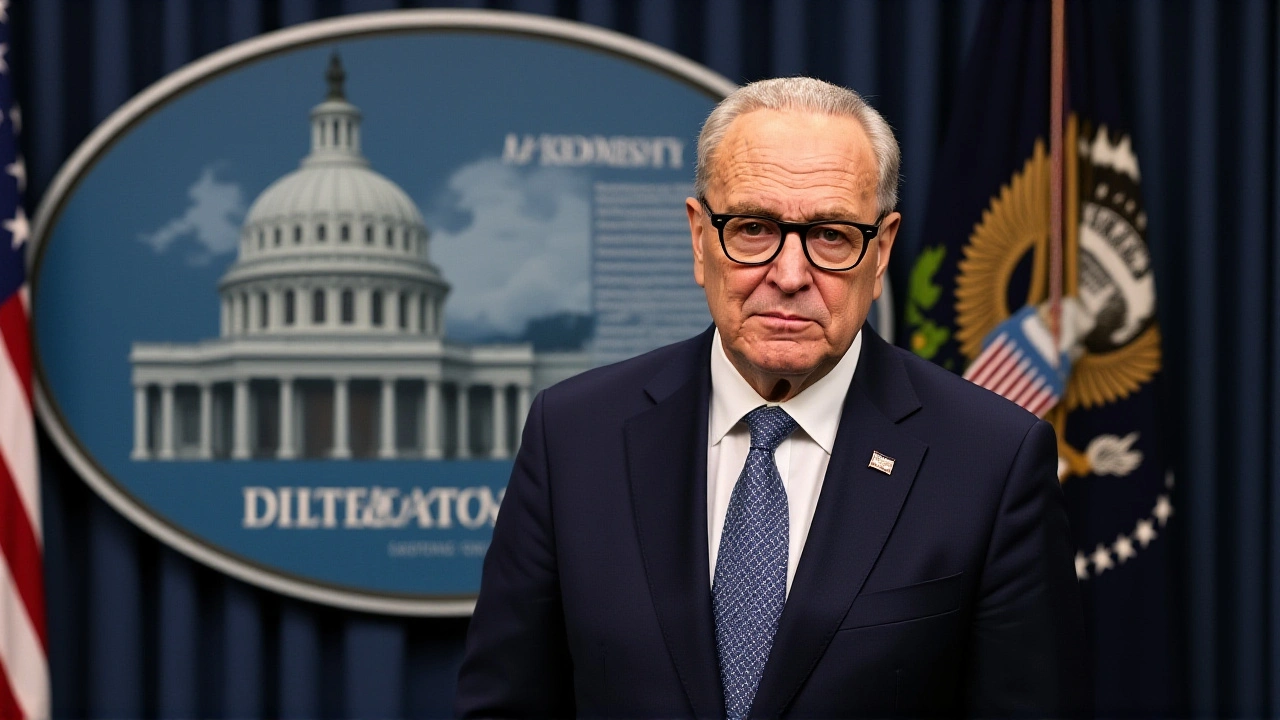A government shutdown occurs when Congress fails to approve a budget or a temporary funding measure, forcing many federal agencies to close or limit operations. Without funding, non‑essential employees are told to stay home, and services like national parks, passport processing, and certain court functions can grind to a halt. The root cause is usually a political deadlock—both parties can’t agree on spending priorities, tax policies, or debt‑limit rules.
Most people think a shutdown only impacts Washington, but the ripple effects reach everyday life. Federal contractors may miss paycheck dates, small businesses that rely on government contracts see delayed orders, and families trying to renew passports or visas often face weeks of waiting. Even though essential services like the military and air traffic control keep running, they operate on limited budgets and overtime pay.
If you’ve ever applied for unemployment benefits, you know the system depends on federal funding. During a shutdown, those payments can be delayed, leaving households without crucial cash flow. The same goes for Social Security Disability claims, which may sit in a queue for months. For students, federal loan disbursements and FAFSA processing can stall, making it harder to pay tuition on time.
Travelers also feel the pinch. Federal airport security is considered an essential service, but certain administrative tasks—like TSA pre‑check enrollment—might be slower. Meanwhile, national parks and museums close, cutting tourism revenue for nearby towns.
First, build a small emergency fund—enough to cover three to six weeks of expenses. If you receive any federal benefit, set up automatic transfers to a savings account when you get your money. Second, keep copies of important documents (passports, visas, social security cards) in a safe place, because reissuing them could take longer during a shutdown.
Third, stay informed. Sign up for alerts from the relevant agency’s website or follow reputable news sources. Knowing the exact dates when services will pause helps you plan ahead, whether that means filing tax returns early or scheduling travel before park closures.
Finally, consider alternative options for critical services. If you need a passport, check if a private expediting company can help—even though they charge extra, it may be worth it if you have imminent travel plans.
Government shutdowns are inconvenient, but they don’t have to be catastrophic. By understanding why they happen, recognizing the direct impact on daily life, and taking a few precautionary steps, you can minimize the disruption. Keep an eye on budget talks in Congress, and remember that a little preparation goes a long way when the government hits pause.

A federal shutdown began Oct. 1, 2025 as President Trump and Democrats clash over funding and health‑care changes, leaving hundreds of thousands of workers furloughed.
Read More